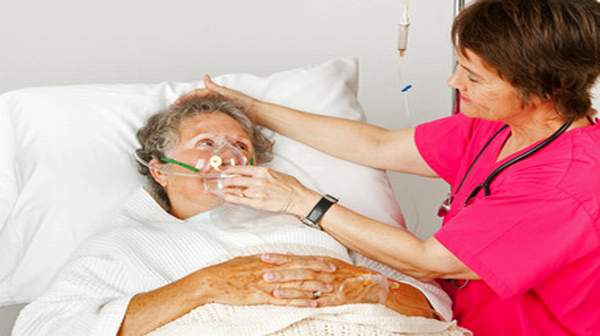What Causes Pneumonia?
Pneumonia has many possible causes. The most common are bacteria and viruses in the air we breathe. Your body usually prevents these germs from infecting your lungs. But sometimes these germs can overpower your immune system, even if your health is generally good.
Four main causes of pneumonia:
- Bacteria– such as Streptococcus pneumoniae. Bacterial community-acquired can occur on its own or after you have a cold or respiratory flu.
- Viruses– including some that are the same type of viruses that cause colds and flu. Viruses are the most common cause of pneumonia in children younger than 2 years.
- Fungi– which can be found in soil and in bird droppings. This type of pneumonia is most common in people with an underlying health problem or weakened immune system and in people who have inhaled a large dose of the organisms.
- Bacteria-like organisms– such as Mycoplasma pneumoniae, which typically produce milder signs and symptoms than do other types of pneumonia.

read more: Pneumonia in Children: Symptoms to Treatment
Different Types of Pneumonia?
Bacterial Pneumonia
Bacterial pneumonia can occur anytime or develop after you’ve had a cold or the flu.
The People at the greatest risk for bacterial pneumonia include people recovering from surgery, people with respiratory diseases or viral infections and people who have weakened immune systems.
If your body’s defenses are weakened by illness, malnutrition,, old age or impaired immunity the pneumonia bacteria, it can live in healthy throats and can multiply and work their way into the lungs. The infection can be as quickly spread through the bloodstream and invade the entire body.
Viral Pneumonia
Viral pneumonia caused by the influenza virus may be severe and sometimes fatal. The virus will invades the lungs and multiplies. However, there are no physical signs of lung tissue becoming filled with fluid. The pneumonia is dangerous in people who have pre-existing heart or lung disease and pregnant women.
In extreme cases, the patient has a desperate need for air and extreme breathlessness. The viral pneumonia may be complicated by an invasion of bacteria.

Mycoplasma Pneumonia
Mycoplasms are the smallest free-living agents of disease in human kind. They were not classified as to whether they are bacteria or viruses.
Mycoplasms usually cause a mild form of pneumonia, but very severe. They affect all ages but they occur most often in young adults.
Other Types of Pneumonia
Tuberculosis can cause pneumonia (tuberculosis pneumonia). is a very very serious lung infection and extremely dangerous unless treated early.
Pneumocystis carinii pneumonia (PCP) is caused by an organism believed to be a fungus. PCP is the first sign of illness in many persons with AIDS.
PCP can be successfully treated in many cases. Can recur a few months later but treatment can help to prevent or delay recurrence.
Other less common pneumonias may be quite serious and occur very often. Various special pneumonias are caused by the inhalation of food, gases, liquid, or dust and by fungi.
Rickettsia (is also an organism somewhere between viruses and bacteria) cause Rocky Mountain spotted fever, Q fever, typhus and psittacosis, diseases that may have mild or severe effects on the lungs.
 read more: Pneumonia: Possible Complications
read more: Pneumonia: Possible Complications






Leave a Comment